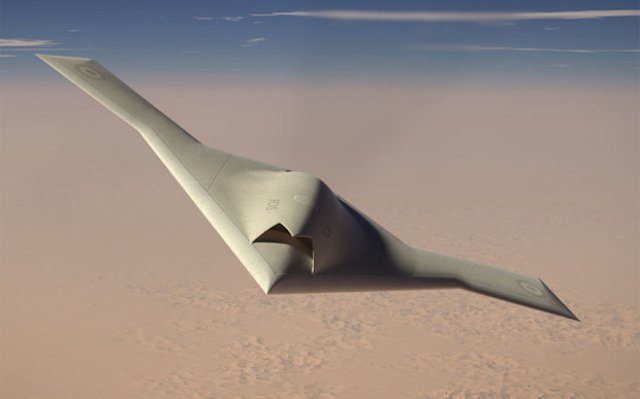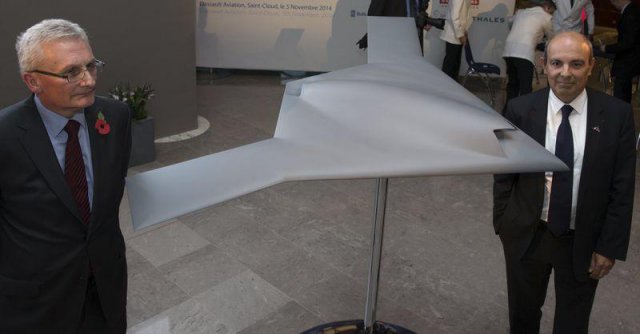The U.K. and France are advancing efforts to jointly develop combat UAS that could lead to an operational system by 2030.
The two governments Wednesday said they have awarded contracts valued at £120 million ($190 million) to companies including BAE Systems PLC, the U.K.’s largest defense company, and Dassault Aviation SA, the maker of France’s Rafale combat jet, for work on the project. Another £40 million will be spent by each government on related, national efforts.
“The development of unmanned combat air systems is of vital importance to the U.K. and France, which have the most capable and experienced armed forces in Europe and well-established defense industrial bases,” Bernard Gray, Britain’s chief of defense material said in a statement.
Britain and France already are flying
unmanned prototype combat drones. BAE is testing the Taranis unmanned aircraft that is about the size of a Hawk trainer jet. Dassault is involved with Saab AB, Italian defense firm Finmeccanica SpA and others in the European Neuron drone project.
Both countries already operate armed drones, though less sophisticated models than those now being envisaged. The U.K. has two General Atomics Reaper unmanned aircraft supporting airstrikes against Islamic fighters in Iraq and Syria and plans to boost that number as part of a military drawdown in Afghanistan. France also operates Reaper drones.
The additional Anglo-French funding supports the two-year so called Future Combat Air System feasibility study. French defense electronics company Thales SA, Finmeccanica’s Selex unit and engine makers Rolls-Royce Holdings PLC and Safran SA also are involved.
The group of companies will develop two national designs that could eventually lead to a single one and joint demonstration program, the two governments said. Neither side has committed to operationally fielding such a UCAV system.
The U.K. and France in 2010 agreed to cooperate more on defence programmes to help mitigate the effects of shrinking budgets. The partnership involves other types of unmanned aircraft, missiles and other systems.
“The technological excellence of our defence aerospace industry must be maintained over the long term. It is a matter of sovereignty and operational superiority. This requires an ambitious investment strategy open to partnerships,” Laurent Collet-Billon, the head of the French defence procurement agency DGA said.
Top Photo: Artist’s impression of new combat UAS
Lower Photo: Chairman and CEO of Dassault Aviation Eric Trappier (R) and CEO of BAE Systems Ian King (L) pose with a model of the Future Combat Air System (FCAS) during a ceremony at Dassault headquarters in Saint Cloud, Paris suburb, November 5, 2014. – REUTERS/Philippe Wojazer
Source: Wall Street Journal


